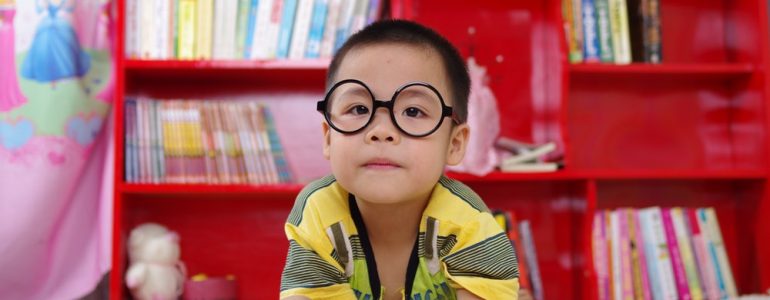If you are thinking about installing a nanny camera or if you already have one, there are certain laws you should follow regarding the privacy of your nanny and other people likely to be filmed by the camera.
Like anyone else, your nanny has a right to a reasonable expectation of privacy. So as much as you feel the need to keep a close eye on your child when you are at work, you must also consider the privacy of your nanny or babysitter.
This applies even if the camera is for security purposes, not specifically to keep a lookout on your nanny’s activities.
Nanny Cameras Legality in the UK
It is generally legal to use nanny cameras and any kind of surveillance cameras inside your home. You are also allowed to install cameras outside your house for security purposes.
But there are certain conditions set out by the Information Commissioner’s Office that you must adhere to.
1. Inform your nanny
You must inform your nanny or babysitter of the presence of the surveillance camera either by telling them or putting up a sign. Don’t forget to also inform your family members.
Telling your nanny that you have installed a surveillance camera can be difficult since they might take it as a sign that you don’t trust them.
Try framing it as a positive thing for them. For instance, if they are accused of something they didn’t do, the camera will clear them.
If the camera is purely for security purposes, tell them so.
Make sure it is clear why you have a camera and how long you’ll hold on to the footage. According to UK law, you should only hold the footage – which is essentially someone’s personal data – only as long as is reasonable.
It’s generally a good idea to delete footage after 30 days.
Note that some nannies and babysitters may turn down the job when you inform them about the camera. Others may request that you only use the camera for a specific period of time, like 1 or 2 months and then remove it; a sort of a probation period.
2. Expectation of privacy
You should never install a surveillance camera in places where the nanny has a reasonable expectation of privacy such as the bathroom or bedroom (for live-in nannies).
Install the nanny cameras in general areas like the living room, kitchen and porch.
3. Using the footage
You should only use the footage for the purpose for which you collected it. In this case, you are collecting the footage to ensure your child is safe.
You shouldn’t use the footage for any other purpose beyond that nor pass it on to a third party.
Because you are the one who collected the recording, you are responsible for it and will be liable if it ends up where it shouldn’t be.
That means no sharing it with friends or uploading it online.
If you catch your babysitter in a grievous incident contact the authorities or the nanny agency. Do not upload the footage or send it to a friend or family member to see. Don’t even let anyone else see it as this could cause legal problems.
And as I mentioned, you are not supposed to hold on to the footage indefinitely. Keep it only for as long as necessary, ideally 30days.
What About Outdoor CCTVs?
Outdoor CCTVs for homes are also generally legal though with some conditions.
As is the case with a nanny cam, you should inform anyone who might be caught by the camera about its presence. This may include your family members, your neighbour and even your nanny or babysitter.
The easiest way to do this is to put up a sign saying that there is a CCTV camera around.
What About Audio Recording?
It is not a criminal offence to record audio of your nanny at home. So you can go ahead and use a nanny camera that also has audio recording.
The only problem arises if you share that recording – which again, is someone’s personal data – with a third party without their consent.
If you plan to record audio, only do so in general areas where there is less expectation of privacy. If your nanny or someone else believes that you violated their privacy, it could become a civil matter and you could be sued for damages.







